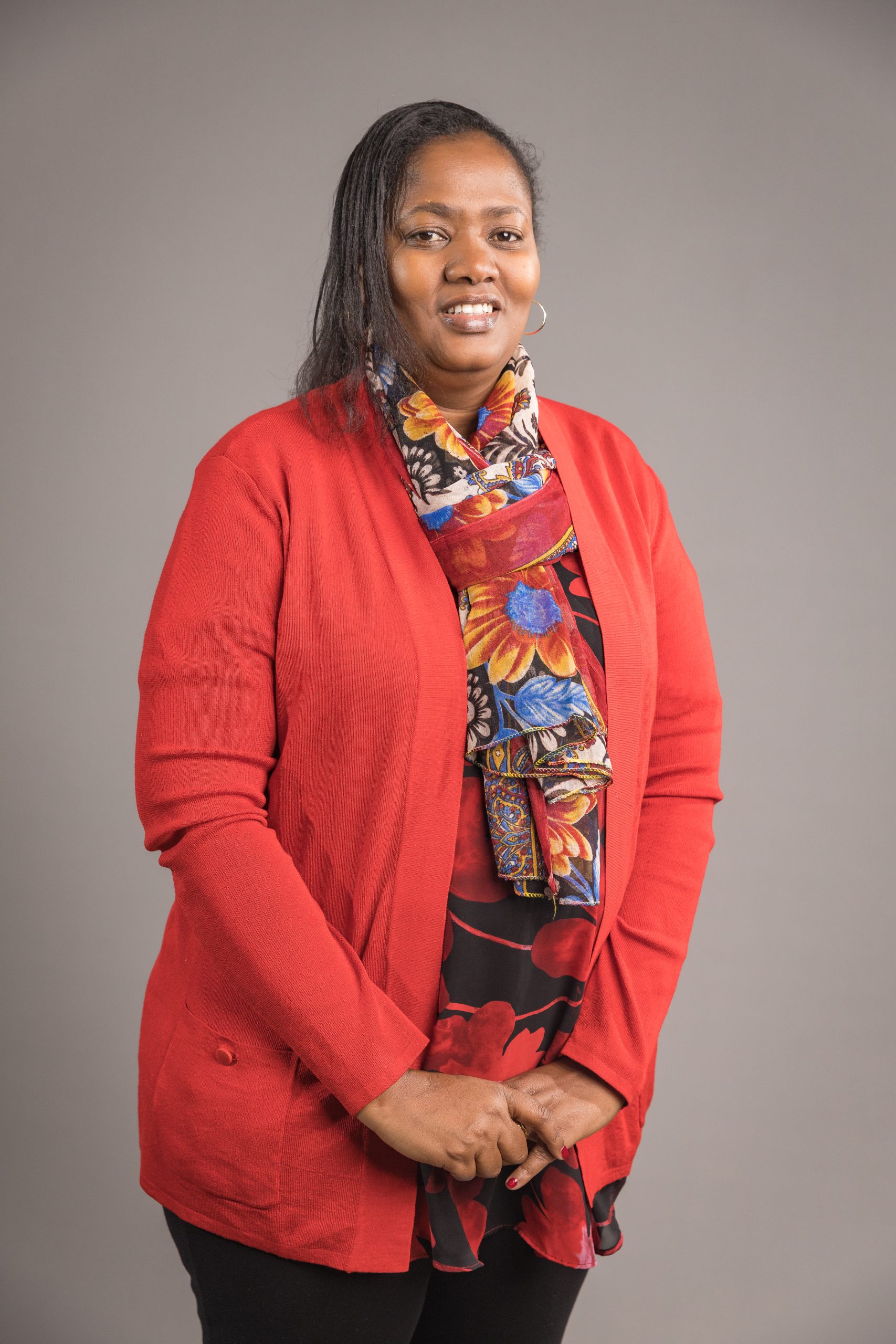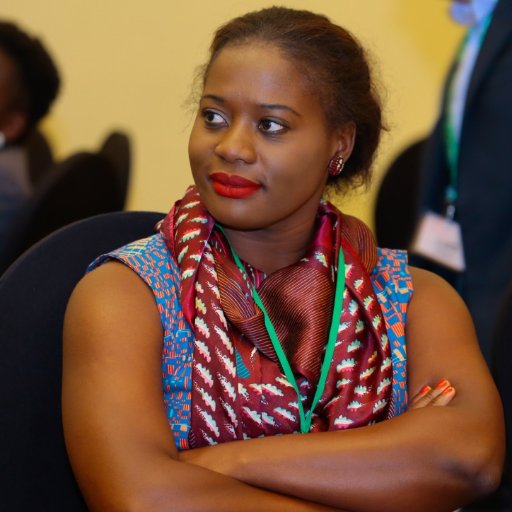CONTRIBUTORS

Caroline Wainaina
Research Officer

Research Scientist
Motherhood is an important aspect of life for many women. However, for adolescent girls, motherhood is a stage fraught with many challenges that ultimately affect the course of the rest of their lives. Early motherhood/childbearing is seen as a public health concern with an impact on the health of both the adolescent mother and the child. The burden of being an adolescent mother weighs heavily on the young girl, the family, and society. Adolescent mothers are shunned by their peers as girls gone bad, stigmatized in social circles, and labeled as a bad influence by society.
Kenya recorded a total number of 45,700 adolescent pregnancies between January and February 2020, with statistics showing that one out of every five adolescent girls is pregnant, most of which are unintended or unplanned. According to the World Health Organization, 55% of the unintended pregnancies in low and middle-income countries (LMICs) result in unsafe abortions. Adolescents that give birth are often at risk of premature births, low birth-weight babies, and their own health and well-being compromised. Pregnant adolescents face challenges, including early school dropout, social exclusion, stigmatization, healthcare access for maternal, newborn and child health (MNCH), and access to economic opportunities. Other factors include increased risk of gender-based violence and risk of suicide.
Sasa Mama Teen project
Social and economic support has been shown to largely alleviate mental stress for pregnant and parenting adolescents. Provision and access to healthcare support, including mental health support, is also very crucial for the health and mental wellbeing of parenting adolescents. In 2019, the African Population and Health Research Center conducted a feasibility study on Building Strong Minds for Stronger Adolescent Mothers in Nairobi Slums. The project aimed to engage adolescent mothers living in slums to co-develop and test the feasibility of a toolkit of information, skill and confidence building, and coping mechanisms that can effectively shield them and their peers against the risks of mental stress during pregnancy and early motherhood. The year-long project consisted of three phases mentioned in a previous blog. The study used a co-design approach by working together with pregnant and adolescent mothers from informal settlement settings in Nairobi. This blog will focus on the support systems for adolescent mothers tested in phase 3. We divided the participants into two groups which we used to test the medium that was best for supporting communication with the girls.
One group (47 participants) was provided with phones and added to a WhatsApp group based on the pregnancy stage or age of the child, while the other (44 in Viwandani and 39 in Korogocho) was required to attend face-to-face meetings. Both groups were taken through topics on maternal, newborn and child health (MNCH), financial skills, and mental health support using the WHO Problem Management Plus+ (PM+) program. A trained mental health expert administered the PM+ introducing the adolescents to psychological and physical problem-solving skills. The groups were then interviewed on the feasibility of the toolkit containing the information they were taught and the platform used to communicate it. Below is an excerpt from a participant on the content provided:
“[…] for me I had decided to commit suicide or to take poison but when I joined the project. We were told that you can keep your pregnancy and bring up your child (problem-solving skills). I also wanted to abort, and I did not…I had thought of aborting because I was rejected, and had run away from home”
The adolescents remarked on how beneficial the sessions were in providing knowledge on issues like taking care of their children, family planning, and how to cope with stress.
“[…]I did not know about family planning because I have a firstborn who is one year old and then I followed the firstborn with this one now three months, I was just shocked (shocked by how she got pregnant immediately after the firstborn). But the time the sister (nurse) came and taught us about family planning, I went immediately and got family planning. I have been using it for three years now and it has helped me a lot. I can see that I have some time to give my children enough time as a mother and see how I can educate them,” said one of the study participants.
Adolescent pregnancy and motherhood carry a lot of denial and shame, leading to increased mental stress. The peer-to-peer group support established during the study allowed the adolescents to be open and feel free to share their experiences.
“I used to be shy about my pregnancy but going there (to the sessions) and finding others, who are also pregnant, I felt free. I used to fear, and I used to hide my pregnancy,” said another participant.
The peer-to-peer grouping enabled the participants to also learn from each other. The participants expressed feelings of confidence and hope in meeting with other participants in similar situations. A participant narrates her experience with motherhood:
“At first, it was hard because I did not have anyone who could encourage me. I did not have any way to give myself hope for living but since I joined Sasa Mama Teens I have seen some changes, I have seen I can stay with other girls like me, I am not afraid of passing where people are even if they will talk and say this girl gave birth, etc. At the beginning, it was very hard for me to accept myself but now I can pass in front of people with my baby and say this is my baby”.
The two channels of communication (WhatsApp and Face-to-face meetings) provided access to critical information, were safe spaces and provided a chance for bonding and social interaction for girls facing similar situations. Though face-to-face meetings enabled real-time communication and engagement, WhatsApp enabled the girls to access the information at their convenience and engage the moderators separately when needed.
Conclusion
Early motherhood is tough terrain for any adolescent. Coupled with the challenges of day-to-day life, finding ways of coping with mental health stress is imperative for better health and well-being of pregnant and adolescent mothers and their children. It is important for adolescent mothers to have access to information on maternal, newborn, and child health, including family planning and problem-solving skills to navigate this tough terrain. Peer-to-peer support groups are not only functional in providing the needed social support, but it also shields adolescents from further stigmatization and shame. It is a good platform to share essential information on MNCH and training on problem management skills with pregnant and parenting adolescents. This enables them to embrace their new life and strive for better.